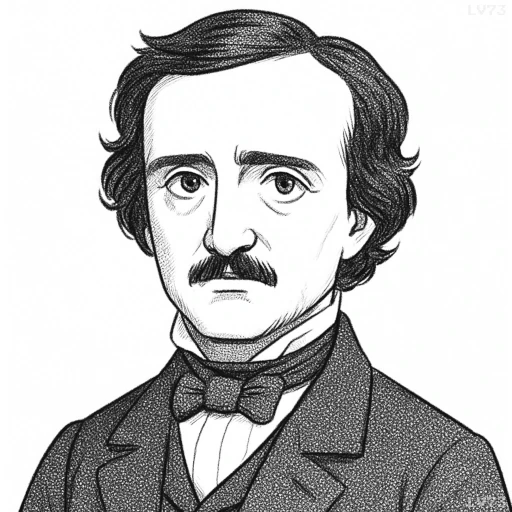“To vilify a great man is the readiest way in which a little man can himself attain greatness.”

- January 19, 1809 – October 7, 1849
- American
- Novelist, poet, critic
table of contents
Quote
“To vilify a great man is the readiest way in which a little man can himself attain greatness.”
Explanation
In this quote, Edgar Allan Poe points to the destructive nature of envy and how small-minded individuals often seek to elevate themselves by attacking or defaming those who are greater than they are. By vilifying a great man, they attempt to diminish his reputation in order to feel superior or gain recognition, hoping that by undermining the truly great, they can momentarily gain attention or status. This tactic, however, is a reflection of inferiority, not true greatness, and shows the littleness of the person using such means. Poe suggests that those who resort to such behavior lack the inherent qualities that would lead to true greatness, and thus they seek to tear others down to make themselves appear larger.
Poe’s perspective on human nature is steeped in his gothic and psychological themes, which often explored the darker side of human ambition and the destructive effects of envy, jealousy, and pride. His own life, filled with personal and professional struggles, may have contributed to his cynicism about how society treats its most talented or noteworthy individuals. In the 19th century, the rise of public opinion and the growing power of the press often saw the reputations of prominent figures tarnished for political or social gain, making this quote particularly relevant in the context of the time.
In modern contexts, this quote still resonates, especially in an age where social media and public discourse often allow individuals to tear down public figures with little consequence. The quote reminds us that true greatness does not come from tearing others down but from personal achievement, character, and the ability to inspire others. It challenges the idea that shallow attacks on the successful or the influential are valid routes to recognition or success. Instead, it suggests that such actions ultimately reveal the insecurities of those who seek to elevate themselves by bringing others lower.
Would you like to share your impressions or related stories about this quote in the comments section?




